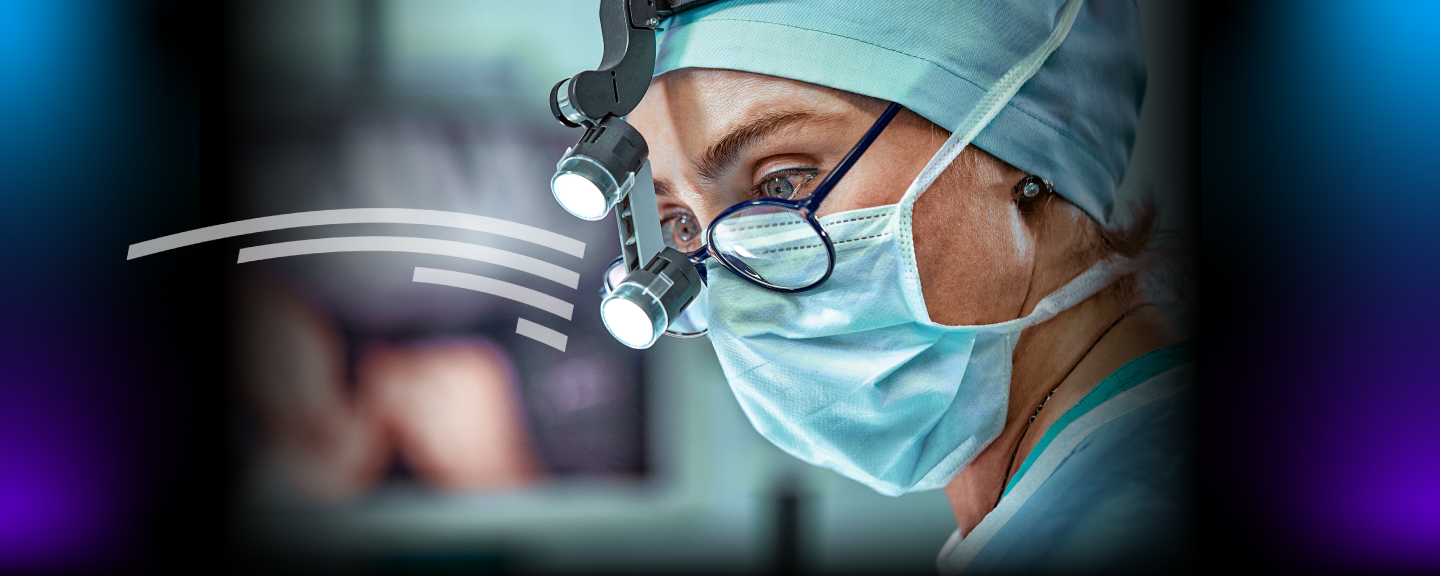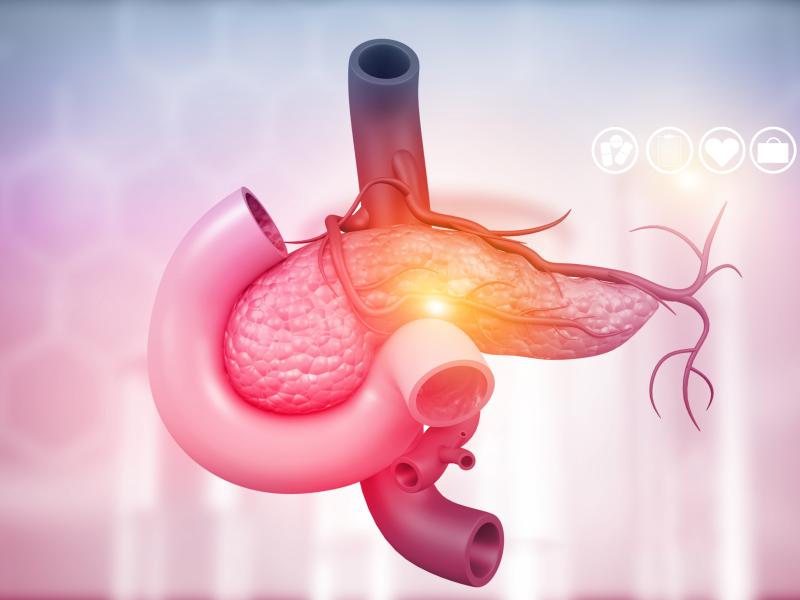Understanding the most common surgeries can help prepare patients for potential procedures. Knowing...
Read More
Pancreatitis is the redness and swelling of the pancreas. It may be sudden (acute) or ongoing (chronic). Mild cases will go away without treatment, but severe cases may require surgical procedures to address the underlying cause of your pancreatitis.
Pancreatitis is inflammation of the pancreas, a gland behind the stomach that plays a crucial role in digestion and blood sugar regulation. It can be acute or chronic, with causes ranging from gallstones to excessive alcohol consumption.
If left untreated, it can result in severe complications, including tissue damage, infection and organ failure. Chronic pancreatitis can impair digestion and nutrient absorption. Additionally, untreated acute pancreatitis raises the risk of diabetes due to compromised insulin production by the damaged pancreas.
Early treatment is essential to manage symptoms, address underlying causes and prevent long-term complications.
Pancreatitis symptoms include severe abdominal pain, often radiating to the back, accompanied by nausea, vomiting and abdominal tenderness. Other signs may involve rapid pulse, fever and, in chronic cases, weight loss and oily, foul-smelling stools.
Pancreatitis is diagnosed through a comprehensive approach involving medical history assessment, physical examination and diagnostic tests. Blood tests measure elevated pancreatic enzymes, while imaging studies such as CT scans or MRIs provide detailed images of the pancreas. An endoscopic ultrasound may be done for a more precise evaluation.
The diagnostic process enables your provider to confirm the presence of pancreatitis, determine its severity and tailor an effective treatment plan to every individual.


Initial treatment often involves fasting, intravenous fluids and pain management to allow the pancreas to rest and reduce inflammation, particularly in mild cases of acute pancreatitis.

Addressing the root cause, such as gallstone removal or alcohol cessation, is crucial for long-term management and preventing recurring pancreatitis episodes.

Severe cases may require surgical procedures, including draining fluid collections or removing damaged pancreatic tissue to alleviate complications and improve overall pancreatic function.
Inspira uses cutting-edge diagnostic tools, including state-of-the-art imaging technologies and precise laboratory tests. This ensures accurate diagnosis and enables our team to determine the severity of pancreatitis and promptly create a treatment plan.
In instances requiring surgical intervention, Inspira’s skilled surgeons are well-versed in the latest techniques. Whether draining fluid collections or removing damaged tissue, our surgical solutions prioritize the best treatment option and your well-being.
Pancreatitis can be acute or chronic. Acute cases may resolve with appropriate treatment, while chronic pancreatitis may require ongoing medical management to control symptoms and prevent complications.
Yes, recurrence is possible, especially if the underlying causes are not effectively addressed. Following medical advice, making necessary lifestyle changes and attending regular follow-up appointments can help minimize the risk of recurrence.
Pancreatitis recovery time varies but typically involves hospitalization, fasting and supportive care. Mild cases may resolve in a few days, while severe cases may take weeks. Follow-up care, dietary changes and lifestyle adjustments are crucial for a full recovery, with ongoing management to prevent recurrence.

Understanding the most common surgeries can help prepare patients for potential procedures. Knowing...
Read More
Amanda Mirmanesh, D.O., is an OB/GYN at Inspira Medical Center Vineland. Follow her as she arrives...
Read More
Preparing for surgery can feel overwhelming, but there are ways to minimize your anxiety and focus...
Read More